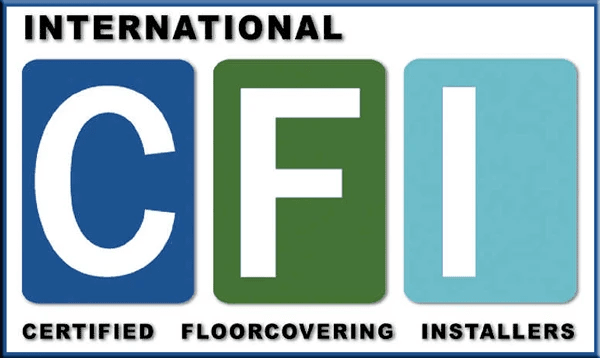Q. How is cork made into flooring?
A. The bark from the cork oak tree is ground up, pressed into sheets and baked in a kiln. The sheets are then cut into either planks or tile. The planks or tile consist of a layer of cork bonded to a layer of high density fiberboard (HDF) core, topped with a protective factory applied finish.
Q. How is cork eco-friendly?
A. Cork is harvested from the bark only of a cork oak tree so the tree does not have to be cut down and can continue to live and produce more bark. Due to strict regulations, the trees must be 25 years old and the bark can only be harvested every 9 years so that can be replenished by nature.
Q. How durable is cork flooring?
A. While cork flooring is softer than other hard flooring, it has properties that make it very durable. When you walk on cork flooring it gives slightly under your feet and then springs back, due to tiny air pockets within its composition, making it resilient to pressure and impact. Its protective surface consists of multiple coats of polyurethane infused with aluminum oxide, which is similar to the finishes on bamboo and hardwood.
Q. Is cork flooring moisture resistant?
A. Yes. Cork flooring is naturally moisture resistant due to suberin which is a waxy substance. This natural material found in cork also makes this flooring insect and fire resistant as well.
Q. Is cork flooring easy to clean?
A. Cork flooring can be easily cleaned with a dust mop to remove surface dust or dirt and a damp mop for more extensive cleaning. Make sure the flooring is not exposed to any excess moisture and clean up any spills promptly. Do not use any abrasive cleaning agents or scouring pads on your cork flooring.
Q. Is cork flooring recommended for a kitchen?
A. Yes. If you spend a lot of time in your kitchen standing on your feet, then you will appreciate the feel of cork flooring in your kitchen. Due to its softness and the air pockets within its structure, it gives under your feet making it much more comfortable to walk on and stand on, making it a great choice for your kitchen. Cork flooring is also moisture resistant, just be careful to avoid any excess moisture remaining on your flooring and blot up any spills quickly.
Q. Can cork flooring be installed in a bathroom?
A. The manufacturer will not warranty any cork flooring installed in a bathroom due to the presence of excess moisture and steam. Therefore, it is not recommended for a bathroom or any wet locations.
Q. Can cork flooring be installed in a basement?
A. It is not recommended to install cork flooring in a basement. It should be installed on grade or above grade but never below grade. Avoid installing cork flooring in any wet locations with a lot of moisture and dampness.
Q. Is cork flooring recommended if you have pets?
A. Yes. Cork flooring offers some scratch resistance due to its softness and how it gives when pressure is applied, making it naturally impact resistant and accommodating to the claws of dogs and cats. It is also durable and resilient so it is a good choice for homes with pets.
Q. How is cork flooring as an insulator?
A. Cork flooring is a good insulator and holds in warmth so that the floor is not cold to your feet in cold weather. Cork flooring also absorbs sound so that you will not hear echoes in the room when talking or the sound of footsteps when walking on the floor.
Q. Is it easy to install cork flooring?
A. Cork flooring is very easy to install yourself. The large planks or tiles simply click lock into place and are floated over the sub-floor using an edge joining mechanism so you don’t have to use any adhesives. You can also cut installation time by purchasing cork flooring that is manufactured with underlayment already attached.
Q. Can cork flooring be installed over an existing floor?
A. Since cork flooring is floated and not glued and because it is very accommodating, it can be installed over an existing tile floor or wood floor as long as it is level and free of debris. Cork flooring can also be installed over concrete as long as there is no existing moisture problem and a moisture barrier is used.
For more information please contact us at 1-877-966-3983 or woodwudy.com.
































